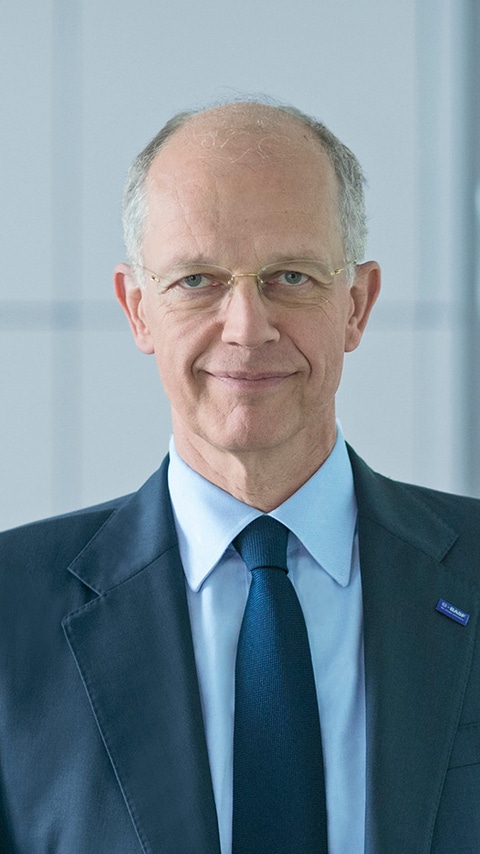Priopćenja i novosti
Editorial
The global race to reach one quintillion – that’s a one with 18 zeros – computing operations per second is in full swing. Ever faster and more powerful supercomputers are bringing together and analyzing the volumes of data that we generate in the modern world. They are helping us to find better solutions more quickly to challenges such as climate protection and disease research.
Where are the opportunities and the limits of digital technologies?”
At BASF, we are using digital technologies to become more efficient and innovative in research and production, in logistics, and in working closely with our customers. For example, with the help of our supercomputer, our researchers are analyzing many millions of possible molecular compounds in complex simulations and modeling. They take the most promising of these and examine them further in the laboratory. But how clever can machines become? Also, even more importantly, in what areas are they – and will always be – surpassed by humans? Where are the opportunities and the limits of digital technologies? The answers are provided by experts we have consulted for this issue of Creating Chemistry.
Where new technologies are involved, society’s reaction is often a mix of approval and curiosity on the one hand, and reservations and fear of risks on the other. In Creating Chemistry, you can also learn more about what influences the way we assess risk, the things we fear and whether we trust facts. We highlight topics that drive our society. These{bioInclude the question of the future of diesel, or how palm oil can be cultivated sustainably. Ultimately, human beings are always the focus of new developments and ideas. Everybody has a responsibility to be well informed and to play a part in shaping the future.
I wish you an enjoyable read!
Yours,
Kurt Bock, PhD
Chairman of the Board of Executive Directors
BASF SE
Your opinion is important to us
You are reading the latest issue of the BASF magazine. What do you think of it? Which topics would you like to know more about? Write and let us know your opinions and ideas


